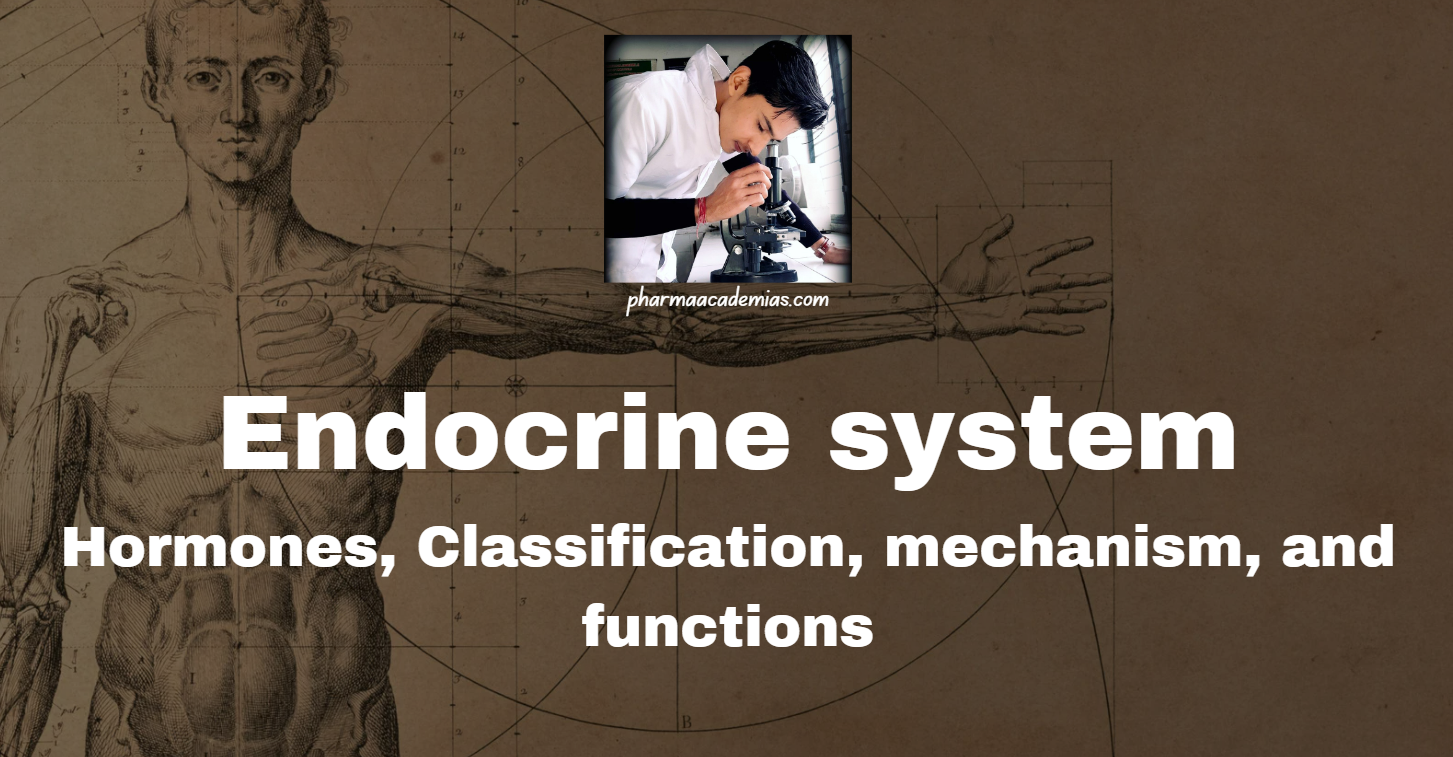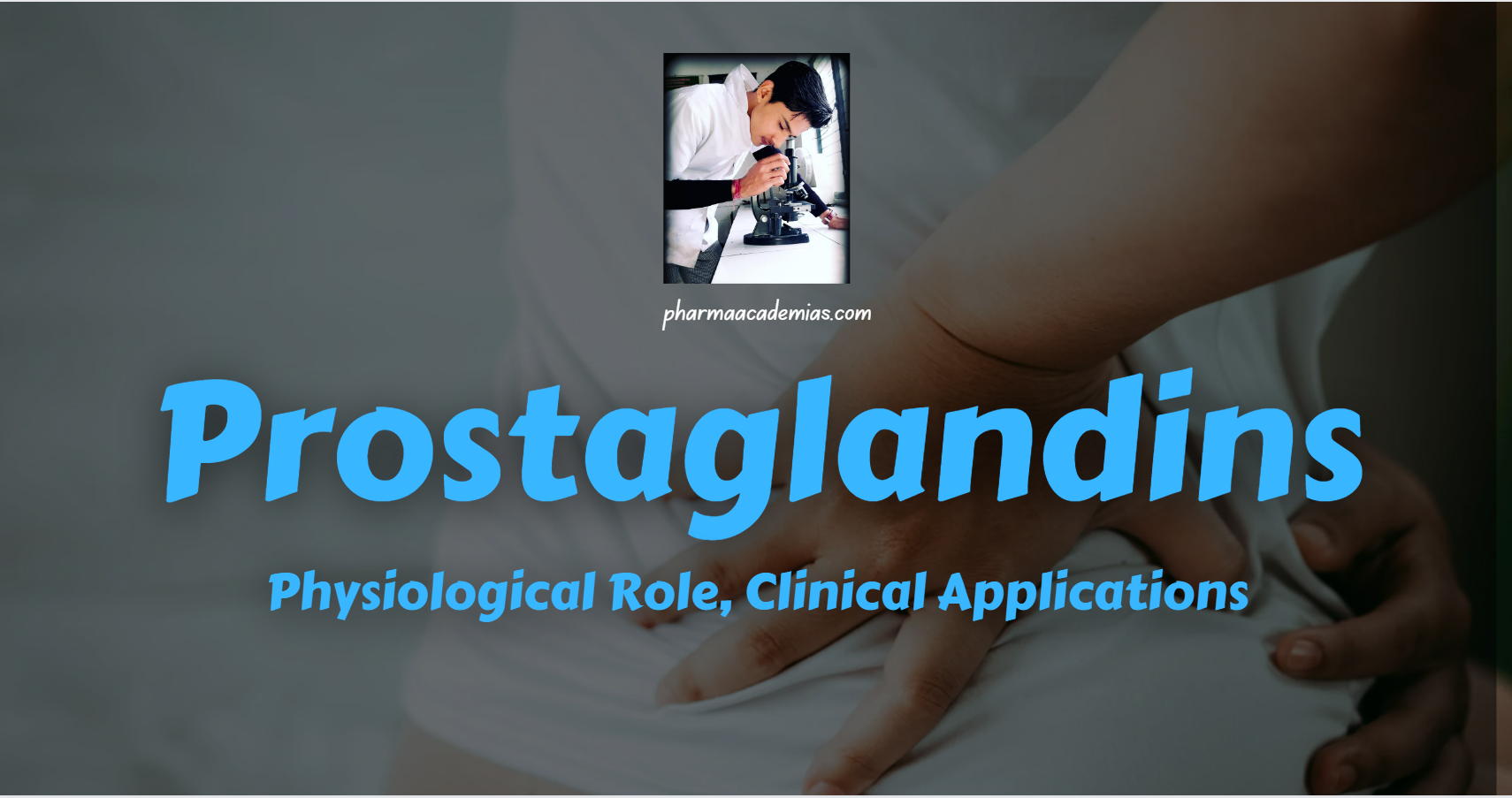Mediators of Inflammation
Inflammation is regulated by a complex network of chemical mediators that orchestrate the response to injury or infection. These mediators originate from various cells and tissues and include vasoactive amines, lipid mediators, cytokines, chemokines, and other small molecules. They play roles in vasodilation, increased vascular permeability, leukocyte recruitment, and other aspects of the inflammatory response. … Read more




